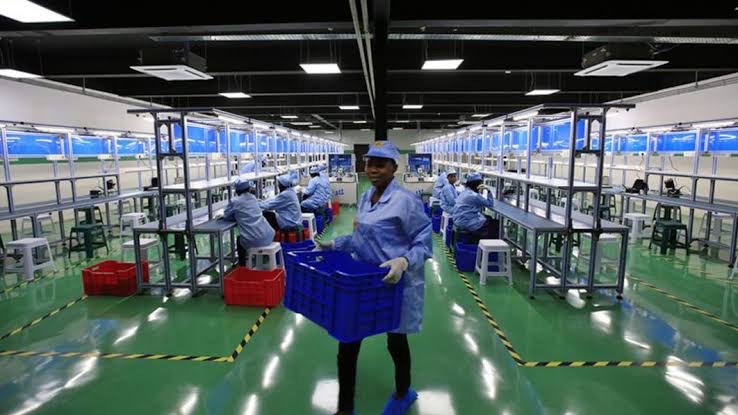Chief Executive Officers in Nigeria’s manufacturing sector have recorded foreign exchange (FX) volatility, inadequate power supply, and high inflation as some of the topmost challenges they experienced in their operations in the first quarter of 2024 (Q1’24).
This, according to them, led to a further surge in production and distribution costs by 20.7 percent within the period.
The list was based on the Q1’24 Manufacturers CEO Confidence Index (MCCI) study conducted by the Manufacturers Association of Nigeria (MAN) which ranked the challenges confronting their operations in order of seriousness.
The report said, “Top ten on the list of manufacturers’ challenges include unstable and high exchange rate/scarcity of FX; inadequate power supply/frequent power outages; high inflation/high operating cost (of raw materials, labour, equipment, and maintenance, high cost of energy (petrol, diesel, gas); high and multiple taxes, charges and levies.
“Others include insecurity, over-regulation and policy inconsistency, high-interest rate, inadequate access to credit, poor infrastructure and distribution channels, multiple checkpoints, gridlock at the national ports, and high cost of transportation/logistics costs.”

The other binding constraints identified by the survey are a high inventory of unsold already made goods, low patronage/poor sales, high and unstable import duty, unavailability of raw materials/delay in receiving imported raw materials, frequent change in customer demand/inaccurate demand forecasting, the influx of sub-standard goods/smuggling, shortage of skilled labour, scarcity of genuine machine parts, corruption/lack of moral value, poor business plan, inventory, and supply chain management.
“The challenges led to a further surge in production and distribution costs by 20.7 percent in Q1’24 from the 21.73 percent increase witnessed in the preceding quarter.
“Capacity utilization also declined further by 9.76 percent from 3.81 percent, while the volume of production slid further by 10.14 percent in Q1’24 from a contraction of 4.6 percent recorded in the previous quarter,” the survey report added.

Commenting on the result of the study, the Director General of MAN, Segun Ajayi-Kadir, said the advancement of the manufacturing sector ought to be at the front burner for economic policymakers as the sector is the most fundamental for supporting economic growth and shared thriving.
“The subdued performance of the sector is attributed to some ongoing harsh economic reforms that have compounded the long-standing challenges confronting the sector. This is confirmed by the finding of this report which reveals that forex scarcity, inadequate power supply, high inflation, rising energy costs, multiple taxation, policy inconsistency, exorbitant interest rates, poor infrastructure, and high
logistics costs are the top ten challenges depressing productivity in the sector.
“MAN anticipates the government to frontally address insecurity, improve power supply, advance fiscal sustainability, and guarantee policy consistency,” Ajayi-Kadir expressed.


































